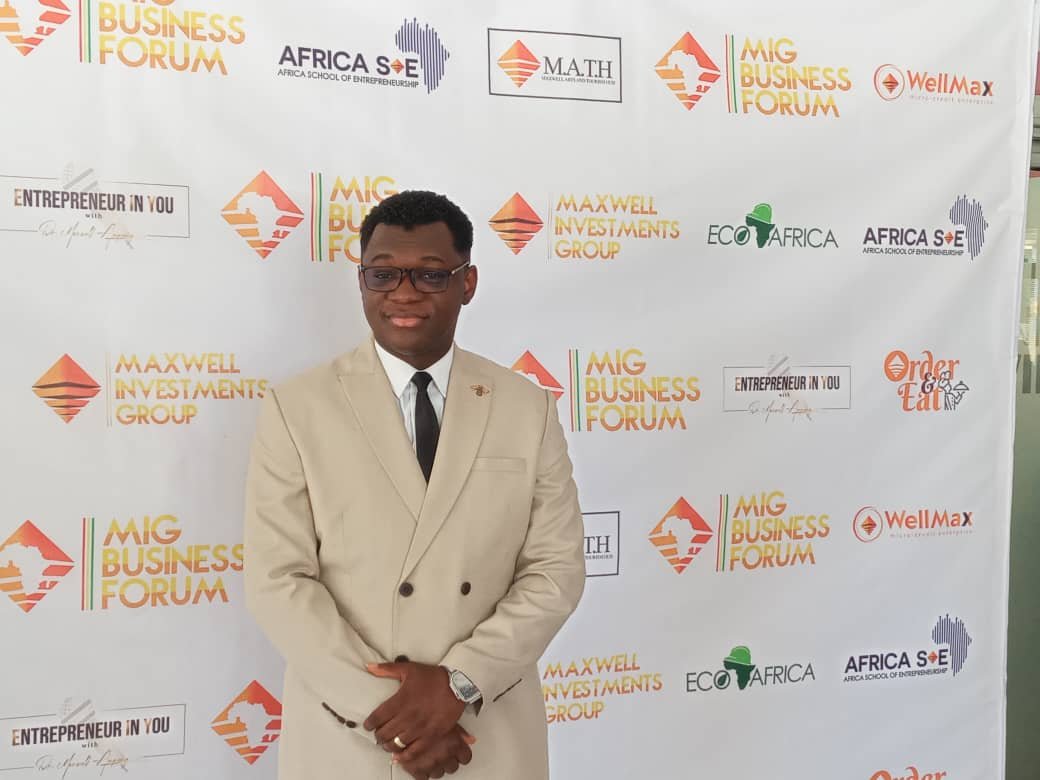
Retirement planning is a pivotal aspect of business ownership often overlooked amidst the day-to-day operations and growth strategies. In Ghana, where entrepreneurship is thriving, business owners often forget to chart a path for life after business. Retirement planning for business owners is a multifaceted process involving retirement needs assessment, appropriate retirement plans selection, succession planning, and diversification.
Determining Retirement Needs
The journey towards a secure retirement begins by determining your financial needs after retirement. This calculation should factor in your current lifestyle, desired retirement age, life expectancy, estimated healthcare costs, and any plans for travel or hobbies during retirement. Ghanaian business owners may consider consulting a financial advisor to help determine these values accurately and consider the specific socio-economic context. Let’s consider the case of Mr. Seth, a 45-year-old entrepreneur who runs a successful fashion business in Accra. Seth plans to retire at 65 and estimates he would need GHS 3,000 per month to maintain her current lifestyle in retirement. Factoring in life expectancy, inflation, and potential healthcare costs, Seth could use these figures to calculate his retirement fund goal.
Retirement Plans
Several retirement plans can serve Ghanaian entrepreneurs, each with distinct advantages and rules:
- Personal Pension Scheme
The National Pensions Act 2008 of Ghana introduced personal pension schemes to allow self-employed persons to make contributions for their retirement. These plans are flexible, tax-deductible and provide lump-sum benefits at retirement. Samuel, a 35-year-old freelance consultant, contributes GHS 500 per month to his Personal Pension Scheme. He enjoys tax deductions on these contributions, and the accumulated funds will provide a lump-sum benefit when he retires.
- Provident Fund Scheme
This scheme, regulated by the National Pensions Regulatory Authority (NPRA), allows members to contribute a portion of their income regularly. At retirement, the accumulated funds, including the returns, are paid to the member. Adwoa, a small bookstore owner in Kumasi, contributes a portion of her monthly income to a Provident Fund Scheme. Her funds grow over time due to compound interest and will provide her with a substantial amount at retirement.
Succession Planning
One of the critical components of retirement planning for business owners is establishing a solid succession plan. This plan determines who will take over the business reins when the owner retires, ensuring business continuity while providing the owner with potential retirement income. Business owners should involve family members, trusted employees, legal experts, and financial advisors in crafting an effective succession plan. Auntie Agnes, who owns a popular bakery chain in Ghana, plans to retire in a decade. She has two options for succession – pass the business to his daughter who has shown interest and capability, or sell the business to a trusted, competent employee. Either option, if executed well, would provide Agnes with a steady income in his retirement years.
Diversification
Ghanaian business owners, like their global counterparts, often see their businesses as their primary investment. While this is not inherently wrong, diversifying your investment portfolio can reduce risk and ensure a steady income stream during retirement. This diversification can be in real estate, Treasury bills, mutual funds, amongst others. Nana Yaa, an owner of a tech start-up in Accra, is also an astute investor. Apart from her business, she invests in real estate, treasury bills, and mutual funds. This diversified portfolio reduces her financial risk and ensures she’ll have multiple income streams in retirement.
Conclusion
Retirement planning is a critical yet often neglected component of entrepreneurship in Ghana. As a business owner, strategically planning for retirement by assessing your retirement needs, exploring suitable retirement plans, creating a sound succession plan, and diversifying your investments, can ensure you enjoy a comfortable and secure retirement. Engaging the services of financial advisors or retirement planning experts can help simplify this process, allowing you to focus on growing your business while securing your future.
I therefore encourage entrepreneurs to take retirement planning very seriously before it’s too late. Going to retirement seems far but it is closer than we think. Do not hesitate to contact me should you require further assistance to start your retirement planning.
The writer is the Chief Marketing Officer (CMO) and Investment Advisor, Ashfield Investment Managers. She can be reached on 233246152750, E-mail [email protected] or [email protected]
The post Charting the course: A guide to retirement planning for business owners appeared first on The Business & Financial Times.
Read Full Story






















Facebook
Twitter
Pinterest
Instagram
Google+
YouTube
LinkedIn
RSS